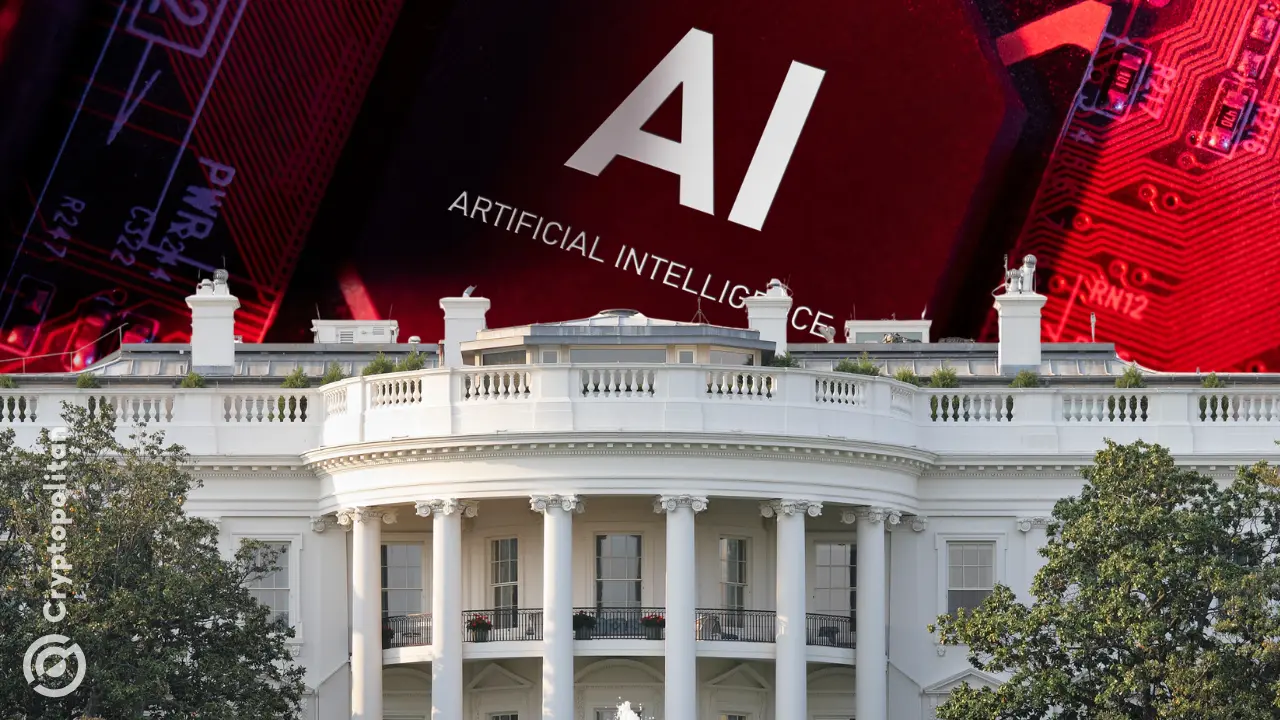U.S. President Donald Trump has approved a deal allowing Nvidia and AMD to resume selling their advanced AI chips to China in exchange for handing 15% of the revenue from those sales to the American government.
The agreement grants both companies export licenses for Nvidia’s H20 and AMD’s MI308 chips, which had previously been blocked under export controls.
Nvidia said it follows the rules the U.S. government sets for global markets, noting it hasn’t shipped H20 chips to China for months.
The company added that America “cannot repeat 5G and lose telecommunication leadership” and argued its AI technology could become the global standard if the country stays competitive.
Trump’s deal secures market access at a cost
Nvidia designed the H20 chip specifically to comply with U.S. export rules for China after earlier restrictions halted shipments. Last month, the company said it expected to get licenses to restart deliveries.
In July, AMD confirmed it would resume MI308 exports to China. At the time, no conditions or revenue-sharing requirements were mentioned, and markets welcomed the potential return of billions of dollars in sales.
On Monday, Nvidia and AMD shares slipped only slightly in premarket trading. Ben Barringer, global technology analyst at Quilter Cheviot, told CNBC that “85% of the revenue is better than zero,” adding that the key question is whether the companies will raise prices to offset the 15% levy. Without the licenses, the Chinese market could be left entirely to Huawei, its closest local competitor.
George Chen, partner at The Asia Group, said the agreement gives both companies short-term certainty but warned that the U.S. government might demand a larger cut if sales grow. Neil Shah, partner at Counterpoint Research, called it an “indirect tariff at source,” while Daniel Newman, CEO of The Futurum Group, described it as a “tax” for doing business in China.
Nick Patience, also of The Futurum Group, said he does not expect such deals in other industries like software or services because semiconductors are treated as a unique strategic technology. Chen noted that the model works for chipmakers that rely on export approval but would be more complex for companies like Apple or Meta.
China weighs security fears against AI ambitions
China’s concerns over U.S. chip technology have grown in recent weeks. Late last month, Chinese regulators asked Nvidia to clarify claims about potential security vulnerabilities and so-called “backdoors” in its chips. The company denied the allegations, repeating the denial on Sunday after a social media account linked to state media accused the H20 of having such flaws.
The state-run Global Times criticized Washington’s approach, saying the U.S. had abandoned its original national security justification in favor of using economic leverage. While Beijing is unlikely to welcome Trump’s deal, Chinese companies are still expected to buy the chips to drive their AI development.
Shah said it is a “conundrum” for China, as it needs the technology, but the U.S. fee raises costs, and questions remain about potential surveillance risks.
The arrangement signals a broader trend in Trump’s trade policy. In May 2025, he threatened a 25% tariff on iPhones, prompting Apple to announce a $600 billion investment in the U.S. three days later.
On August 7, Trump demanded the resignation of Intel’s CEO over alleged Chinese ties. The CEO is meeting Trump at the White House later today, and another deal is expected.
Small businesses, which make up about 44% of U.S. GDP but lack the leverage to negotiate directly, face blanket tariffs instead. The uncertainty also raises questions about whether other previously restricted companies could strike similar arrangements.
For instance, whether defense contractor Lockheed Martin could sell F-35s to China under a commission model. Nvidia controls more than 90% of the global AI chip market, making it one of America’s most strategic tech assets. If a 15% cut is enough to lift export controls, other corporations may push for their own deals.
With 49% of the “Magnificent Seven” revenue coming from outside the U.S., companies like Amazon, Meta, Tesla, and Microsoft could be next to face the same choice: strike a deal or lose access to China.
Get seen where it counts. Advertise in Cryptopolitan Research and reach crypto’s sharpest investors and builders.
This articles is written by : Nermeen Nabil Khear Abdelmalak
All rights reserved to : USAGOLDMIES . www.usagoldmines.com
You can Enjoy surfing our website categories and read more content in many fields you may like .
Why USAGoldMines ?
USAGoldMines is a comprehensive website offering the latest in financial, crypto, and technical news. With specialized sections for each category, it provides readers with up-to-date market insights, investment trends, and technological advancements, making it a valuable resource for investors and enthusiasts in the fast-paced financial world.
